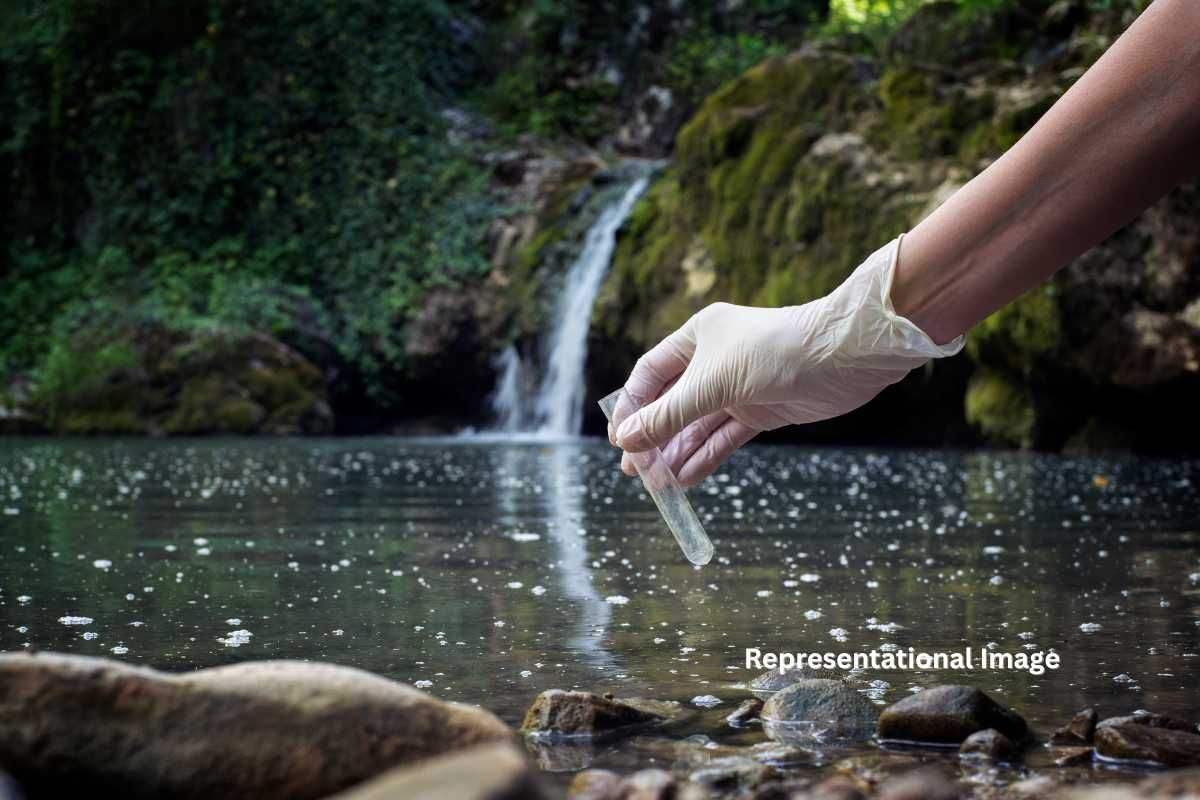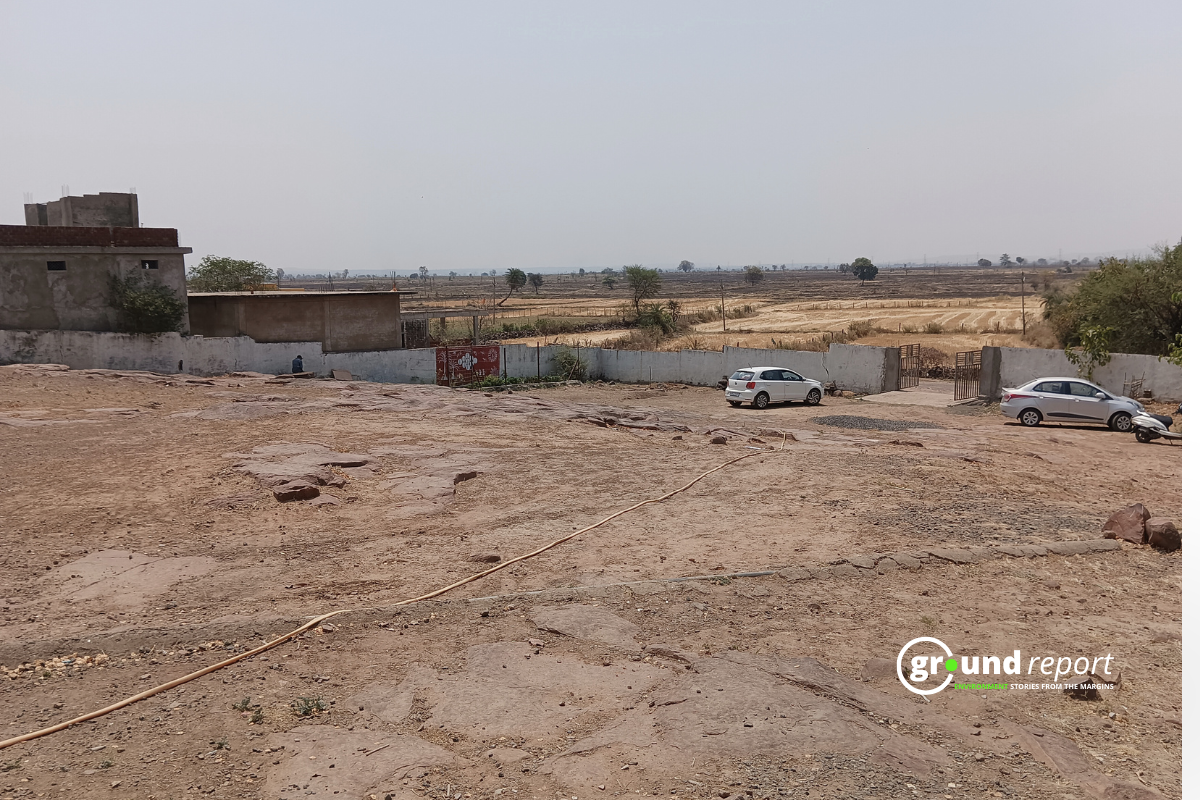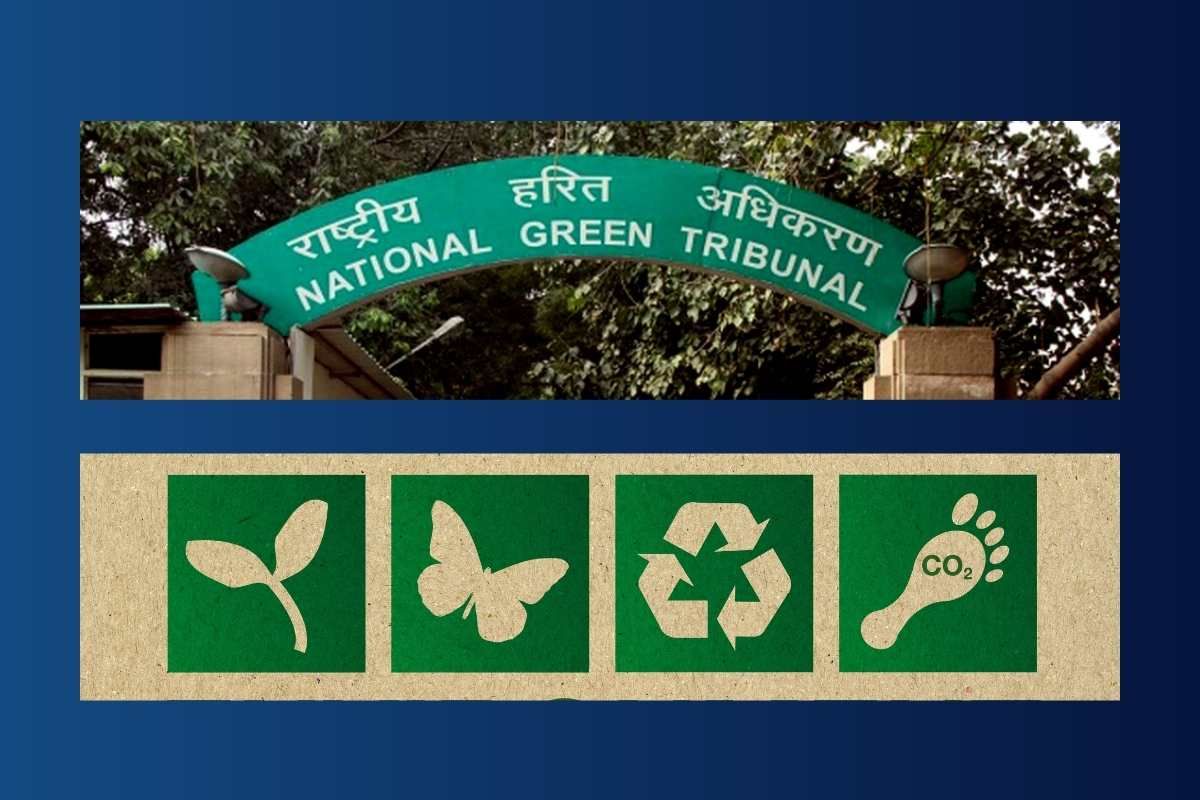Residents of Ghaziabad, a city in the northern Indian state of Uttar Pradesh, are raising concerns about the quality of their tap water. Many locals have reported that the water is pungent and muddy, with a foul odour. This has raised fears that the water may be contaminated with sewage and other harmful substances.
The Contamination Concerns
Residents of Ghaziabad have expressed their concerns about the quality of tap water, with many reporting that the water has a strange odour and appearance. The water is muddy and often contains visible sediment, which settles at the bottom of the containers. The pungent smell of the water has also caused many residents to question its safety for consumption.
Residents suspect that the water supply may be contaminated with sewage or other pollutants. Some have even reported finding fecal matter in their tap water, adding to their fears of contamination. This has raised serious health concerns among the residents, who fear that the contaminated water could cause waterborne diseases. There could be several reasons for the poor quality of water in Ghaziabad. One of the primary reasons could be the lack of proper water treatment facilities. The water is sourced from underground borewells, which may not be properly treated before being supplied to the residents.
Another possible cause of water contamination in Ghaziabad could be the discharge of untreated sewage into the water bodies. According to a report by the Central Pollution Control Board (CPCB), about 70% of the sewage generated in Ghaziabad is discharged untreated into the Hindon River, which is a major source of water for the city. Drinking contaminated water can lead to several health risks, including diarrhea, cholera, and typhoid. Children, pregnant women, and the elderly are particularly susceptible to these diseases. Additionally, exposure to contaminated water can also lead to skin and eye infections.
Resident’s Speak Up
Residents of Ghaziabad have been vocal about their concerns over the quality of water supplied to their homes. Many have taken to social media to share their experiences and raise awareness about the issue. Some have even resorted to using packaged drinking water, which can be expensive and unsustainable in the long run.
Local authorities have assured residents that they are taking steps to address the issue. The Uttar Pradesh Jal Nigam, responsible for water supply in the state, has said that they are looking into the matter and have taken samples of the water for testing. The Ghaziabad Municipal Corporation (GMC) has responded to the residents’ complaints by assuring them that the water supply is safe for consumption. According to GMC officials, the water is treated at the water treatment plants before being supplied to the residents. They also claimed that the muddy appearance of the water is due to an increase in the level of iron in the water, which is not harmful to health.
However, residents have not been convinced by the GMC’s response, as the water quality issue persists. Many residents have taken to social media to voice their concerns, with some posting pictures and videos of the murky water flowing from their taps.
A Call For Action
The water quality issue in Ghaziabad is a serious concern that requires immediate attention. While the authorities claim that the water supply is safe, the persistent complaints from the residents suggest otherwise. It is imperative that the authorities investigate the issue and take appropriate action to ensure the safety of the water supply.
Residents should also take measures to safeguard their health, such as boiling water before consumption or using bottled water. The issue of water contamination in Ghaziabad is not unique to the city, as many other parts of India also face similar challenges. It highlights the need for a comprehensive approach to water management and pollution control in the country. The government should invest in upgrading the water supply infrastructure and regulating the industrial activity to prevent environmental pollution. Only then can we ensure a safe and healthy water supply for all.
Keep Reading
- Ghaziabad wedding turns violent as two groups clash over music
- Muslims also helped in construction of Hindu temple in Ghaziabad
- Hindon river critically worsen due to industrial effluents
- Vasant Vihar: A girl gang-raped in a moving car in Delhi
Follow Ground Report for Climate Change and Under-Reported issues in India. Connect with us on Facebook, Twitter, Koo App, Instagram, Whatsapp and YouTube. Write us at GReport2018@gmail.com






